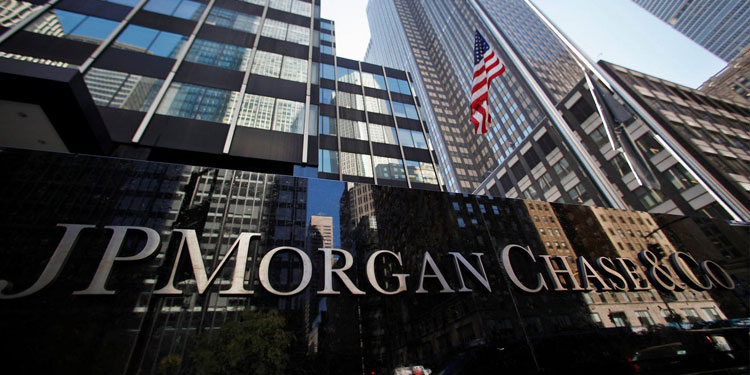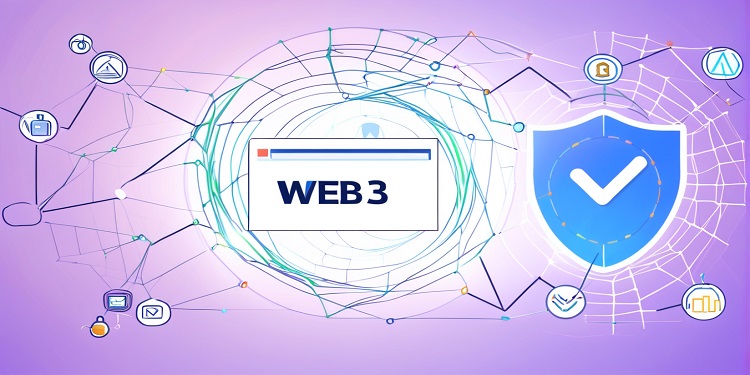 Germany’s largest lender, Deutsche bank, has joined 320 banks in the blockchain endeavor headed by JP Morgan Chase bank. Deutsche Bank, which processes greater number of euro-denominated payments than any other bank across the world, decided to join the blockchain initiative of JP Morgan Chase to cut costs.
Germany’s largest lender, Deutsche bank, has joined 320 banks in the blockchain endeavor headed by JP Morgan Chase bank. Deutsche Bank, which processes greater number of euro-denominated payments than any other bank across the world, decided to join the blockchain initiative of JP Morgan Chase to cut costs.
Furthermore, Deutsche bank, by joining the network, intends to put an end to costlier delays. The JP Morgan Chase headed Interbank Information Network (IIN) will permit Deutsche Bank to provide its clients enhanced service, according to Ole Matthiessen, the bank’s global head of cash management.
Ole Matthiessen pointed out that JP Morgan faces competition from a range of financial institutions and not just banks.
“Our competitors are not just the other banks, it’s also new players in the market, we need to become efficient enough to provide seamless real-time and digital process.”
Matthiessen further stated that Deutsche Bank will have the capability to utilize IIN’s network to distribute know-your-customer (KYC) verification details of clients with other banks.
Takis Georgakopoulos, head of payments at JPMorgan, explained the need to have a network that has clients other than that of JP Morgan.
“A network that only has JPMorgan’s clients will have very big natural limitations,”, told FT. “It would mean that all of these other smaller banks would still need to have bifurcated procedures, what they do with JPMorgan and what they do with other banks would still have to be different.”
By providing a “mutually accessible ledger,” the IIN can expedite operations and resolve issues, saving JPMorgan time and cash, Georgakopoulos said. On the JPMorgan blockchain there are over 65 institutions operational, and 255 are in the phase of participating. IIN said that it wanted 400 companies to join before the end of 2019.
In addition to the IIN, the cross-border blockchain applications of Mastercard and R3 are also trying to create international payments quicker. Even though in more than 72 nations there are 57 instantaneous payment systems, with much more under development, none of it is widely relevant.
Various regions have distinctive transaction rails of their own, and no two adhere to similar legislative structure. To fix the issue, seven European payment providers revealed previously this month the launch of the European Mobile Payment System Association project, a unique pan-European platform targeting trans-border mobile payments.
A collaboration to encourage QR code payment compatibility was announced in June by Chinese digital payment platform Alipay and a couple of European smart phone wallets.








